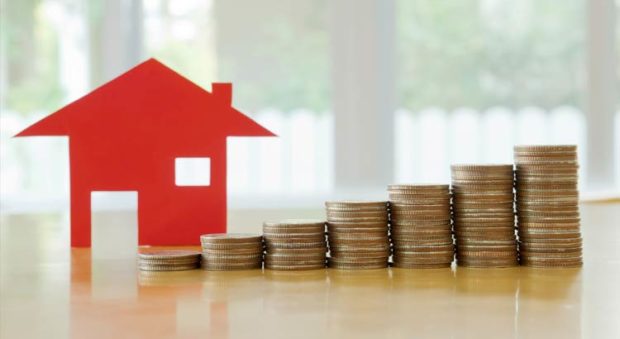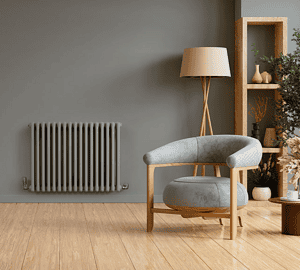When you’re in debt, you want to get out of debt as fast as possible. That’s relatively easy to accomplish if you only have a few small debts, but you can’t pay large debts quickly without a significant amount of cash.
If you’re contemplating selling your assets to pay your debts, you might be wondering if you should sell your home. You can always rebuild your credit and buy another home once your debt is paid off, right?
While selling your home is certainly an option for getting out of debt, consider the following points before making a final decision.

1. Don’t count on your home selling fast
If payment due dates are closing in on you and you need to pay your debts quickly, don’t count on selling your home in a short amount of time. It’s possible that when you finally do sell your home, your debts will have grown too large for you to manage.
Consider the possibility that your home might take months or years to sell. It’s not the ideal scenario, but some homes sit on the market for years. If you’ve listed your home and you aren’t getting many potential buyers, try to find out why.
There are three general reasons why properties don’t sell:
- They’re overpriced. You need money to pay your debt, but unless homes in your area are in serious demand, you need to ask a reasonable price. Asking for too much will actually prevent people from making an offer.
- They’re undesirable. Some homes have qualities that make them undesirable like extremely small bedrooms and bathrooms with an inconvenient layout. Other homes are undesirable due to major issues buyers don’t want to deal with like foundation issues.
- There’s a lack of demand. Depending on the market, there might not be a demand for your home. This is especially true if your home is more expensive than the rest of the neighborhood. People might want your house, but they won’t be able to afford it.
To avoid total disappointment, come up with a backup plan (like getting a second job) if your home doesn’t sell right away. Try to make different payment arrangements with your creditors and buy as much time as possible.
2. Bankruptcy might be a better option
Filing for bankruptcy isn’t as bad as it seems. While Chapter 7 bankruptcy will lower your credit score and be a public record for ten years, it’s not the end of the world. Chances are, if you’re considering bankruptcy, your credit score has already been damaged from late payments.
According to Nerd Wallet, most people find their credit scores rising after filing for bankruptcy. Nerd Wallet explains that data from Equifax reveals that credit scores plunged in the 18 months prior to bankruptcy, but rose steadily afterward. For instance, the average credit score for a person who filed Chapter 7 was 538.2. When the debts were discharged after around six months, the average score rose to 620.3.
If your debts take all of your disposable income, cause you stress, and make it hard to pay rent and buy food, it’s time to consider bankruptcy. Ask yourself if you really want to spend a decade or more slaving away to pay debts while you live on a ramen noodle diet.
3. Can you take out a second mortgage?
If you like your home, you might not want to sell it unless you run out of options. The good news is that taking out a second mortgage might be an option, although it’s a bit risky.
A second mortgage is exactly what it sounds like – a second mortgage. By taking out a second mortgage, you’re basically trading one debt for another. It works by borrowing money from a lender up to the amount of available equity in your home. It’s risky because if you don’t pay it back, the lender gets your house.
It’s advisable to take out a second mortgage only if you can negotiate terms you can reasonably handle that don’t keep you in the same position you’re already in: too much debt.
Only borrow what you need to pay your debt. It’s tempting to take a little more for yourself, but remember that a second mortgage is still debt.
Don’t sell your home if not absolutely necessary
Debt can be crushing, but don’t sell your home if it’s not necessary. Explore your options. For many people, bankruptcy turns out to be the simplest solution. It might be the right solution for you, too.



